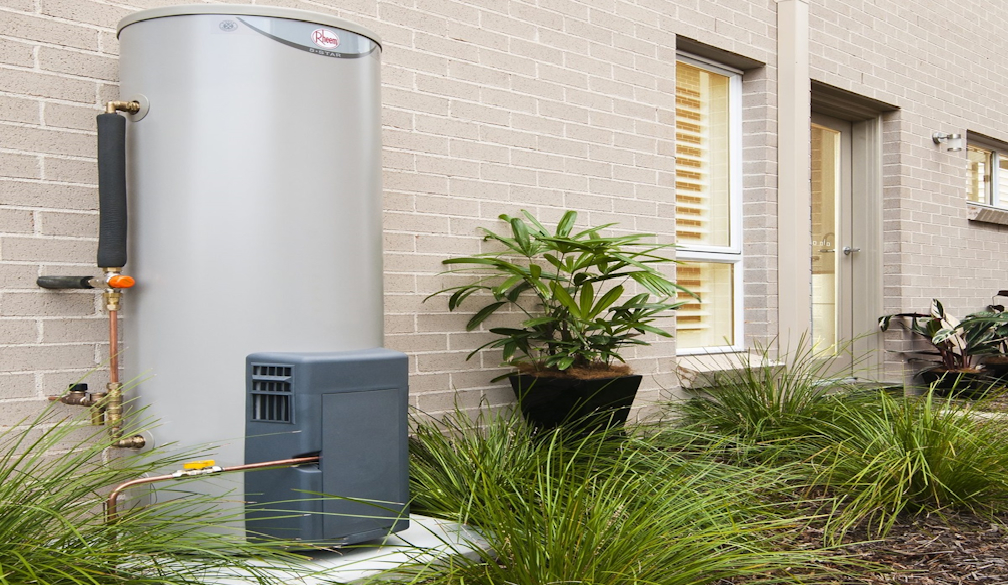8 Factors to Consider When Buying a Standby Diesel Generator
- Written by News Company

Diesel generators play a vital role in different home and business applications. However, they are commonly known for providing backup power, especially during the mains outage or blackout.
Though common in power backup applications, the diesel generators also play a vital role in other fields. For instance, the generators also power continuous and prime applications like construction sites and mining operations.
As such, the generator can be a reliable source of electricity. You can utilize it in several applications. However, you must be careful when deciding to buy a generator. Here are the primary factors to consider.
-
The Power Requirements
Most people decide to buy a generator, depending on the available funds. Well, this is wrong!
Before you head out to buy a generator, calculate the power needs in your house. Also, decide whether you want the generator to run the emergency loads or the entire facility during a blackout.
When buying a generator to power the entire facility, you must consider the amperage of your electrical appliances. Plus, determine the peak power needs during summer or winter.
If you’re powering the emergency loads only, start by determining these emergency circuits. If it’s in an existing structure, you’ll need an electrician to split the emergency circuits from the main electric panel.
The decision on what you choose as an emergency panel is entirely up to you in a home standby system. With this in mind, if you would like further advice about how to find the right generator for your property, then reaching out to a team of professional electricians such as Master Electrical Services can help you to plan your next steps. Accordingly, you can check out their website here: masterelectrical.com/service/generator-installation/.
However, in a healthcare system, some electrical loads require emergency power-backup to meet code compliance.
-
The Output Power Rating
Now you know the power needs in your facility. Click here to look for a generator that meets your power needs.
Having the right size generator is the secret for ensuring your operations run uninterrupted. It determines whether all equipment and machinery will get full or limited supply to operate.
For example, in a large business, buildings, or industrial applications, you’ll need a more significant generator. Its output rating in terms of kilowatts kW will be higher. That’s why you need to calculate your power needs in advance. It ensures you get the right generator for your operations.
-
The Type of Fuel
There are three types of fuel in a standby generator. You can use either natural, propane, or diesel generator. Which one do you go for?
Yes, gasoline might appear as the best and available fuel for a standby generator. Well, it’s short lifespan and stability disqualifies it.
Cost is also another determinant that might influence the type of fuel to use. Remember, the natural, propane, and diesel fuel might fluctuate depending on the size of your generator.
You’ll also need to check whether your preferred fuel option is readily available in your area. For example, diesel and propane fuel ensure a perfect ‘on-site’ source of fuel. But they’ll need a refill after some hours of an extended power outage.
The cost of repair and maintenance also plays a vital role in determining the type of fuel to use. For example, most business people and homeowners prefer diesel generators due to their maintenance servicing. With this, the maintenance and repair costs for a diesel generator will be l affordable.
Safety is also a leading consideration when choosing the fuel type for your generator. Do you know that diesel is the least flammable among all fossil fuels? Its natural odor and liquid state make it hard for a diesel leak to go unnoticed. If the leak occurs, it’s relatively safe to clean up the mess.
That’s not the case for natural and propane fuels. If a concentrated amount of this fuel is exposed to a spark or ignition source, it’ll explode. It’s also toxic to inhale in large quantities.
-
The Installation Guideline
Once you acquire the generator, who’ll handle the installation? That’s up to you to decide.
You can hire a qualified electrician to handle the installation exercise. Alternatively, look for dealers who are known to install the generators system.
-
Decide Whether to Automate
Will you always have an electrician on-site at all times? Well, this rarely happens, especially during an event of an emergency.
If this is the case, opt for an automatic transfer switch. The switch will prompt your generator to start working within seconds after detecting a failure in the mains supply. After power restoration, the switch prompts the generator to shut off.
If you don’t have the ATS, your staff should always be on-site to start and switch off the generator.
-
The Installation Location
Where are you planning to locate your business? Well, you should set it in an area that’s readily accessible for repair and maintenance. Ensure it’s also high enough to keep it away from running water.
For rooftop and outdoor installations, comply with code requirements for distance from building openings and combustible walls. For an indoor installation, comply with requirements for ventilation, fuel supply, exhaust ducting, and closeness to flammable materials.
Locate the generator near the fuel supply and the transfer switch.
-
The Warranty Terms and Conditions
Before you make the purchase, assess whether the generator has valid warranty terms or not. In most cases, generators have a warranty period of one year. During this period, the manufacturer, through your dealer, is responsible for handling specific problems.
Make sure you understand the current terms and conditions for the warranty. If you violate them, then the warranty terms become null and void. Don’t let this happen.
-
The Maintenance Services
Who will handle the maintenance service of your generator? A generator needs regular maintenance service to ensure it performs to the optimum levels. It’ll also ensure that your generator doesn’t fail when you need it the most, especially during a power loss.
After establishing the person responsible for the generator, communicate with them to develop a maintenance plan. Doing so minimizes the repair and maintenance cost while ensuring maximum efficiency.
Conclusion
Do you want to buy a standby generator? There are several considerations to make. Ensure you identify a reputable dealer who’ll offer the best generator that matches your needs and wants.




